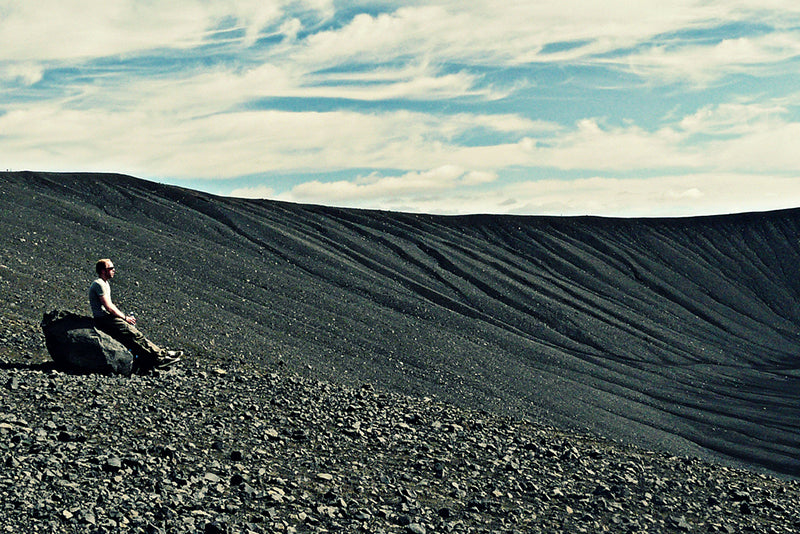Solitude > Loneliness

Some of my most transformative moments have happened when I had no one to talk to. I have had identity-shifting breakdowns and creative explosions. Yet, I know without a doubt that I would almost always rather have someone to talk to than to be alone.
I don’t know why this is the case. I have certainly known people that prefer solitude. Generally, they claim a disconnectedness from society’s norms or a distrust of human nature.
These are things that I can relate to. Not a day goes by in the DMV where I am not astounded by one’s selfishness, arrogance, or self-pity. That’s not to say that there aren’t wonderful people as well, but unfortunately their accomplishments of selflessness are often lost in the shadow of the others. That’s why the mainstream newscasts feature stories of theft, murder and rape and such a higher rate than stories about benevolence and compassion. The bad things aren’t occurring so much more frequently than the good; the stories just sell. And they sell because people like to see the dark side of humanity to remind them that they have it good, that they ARE good because they didn’t rob that little old lady last Tuesday.
This fundamental part of the human psyche is exactly why we should seek solitude from time to time. Focusing on the internal allows us to take stock of the characteristics that are so often lost to the façade we carry with us at work, school, etc. We are so intent on being perceived in a certain way that we often forget that we already ARE a certain way. If you want to change that, you’re going to need a microscope, not a mask. Chances are, you will soon find a deeper understanding of who you are as a person and what it is that you want from the universe.
Check out Edith Wharton’s perspective on solitude to remind yourself that it really is okay to be alone.

Leave a comment